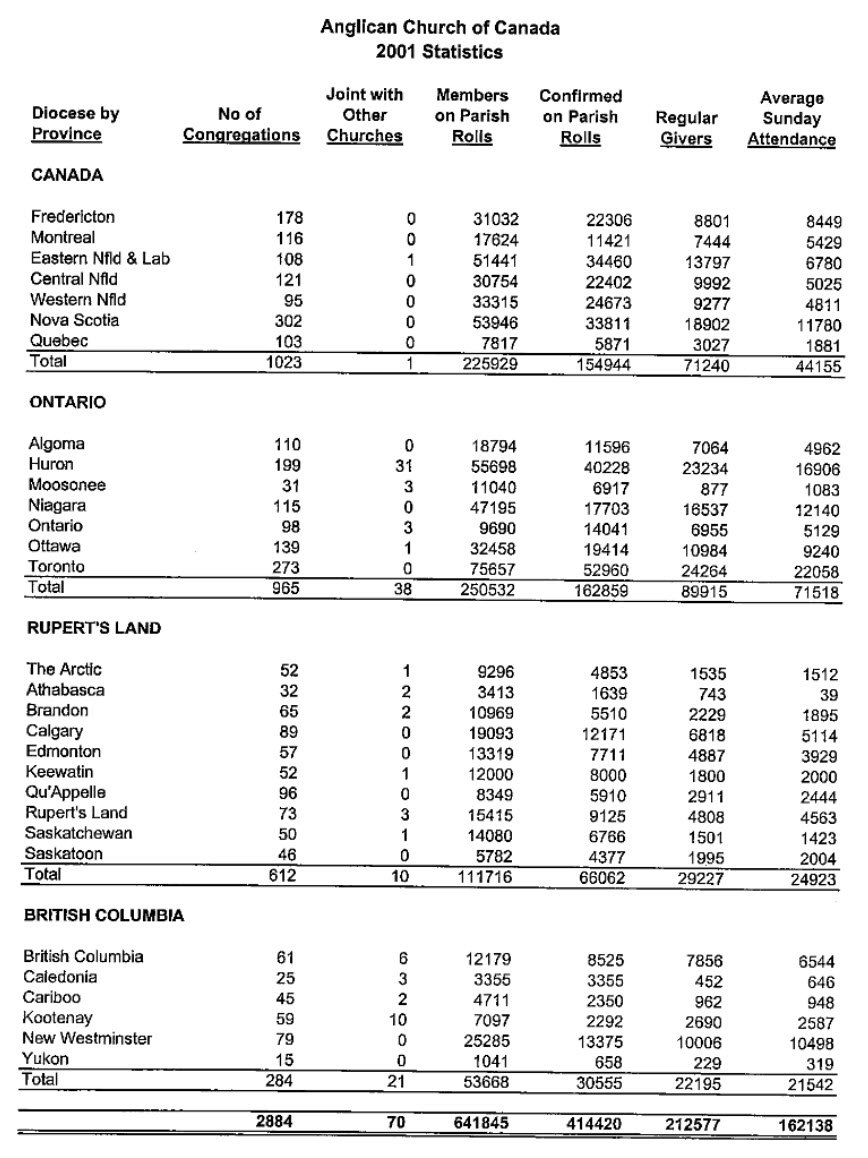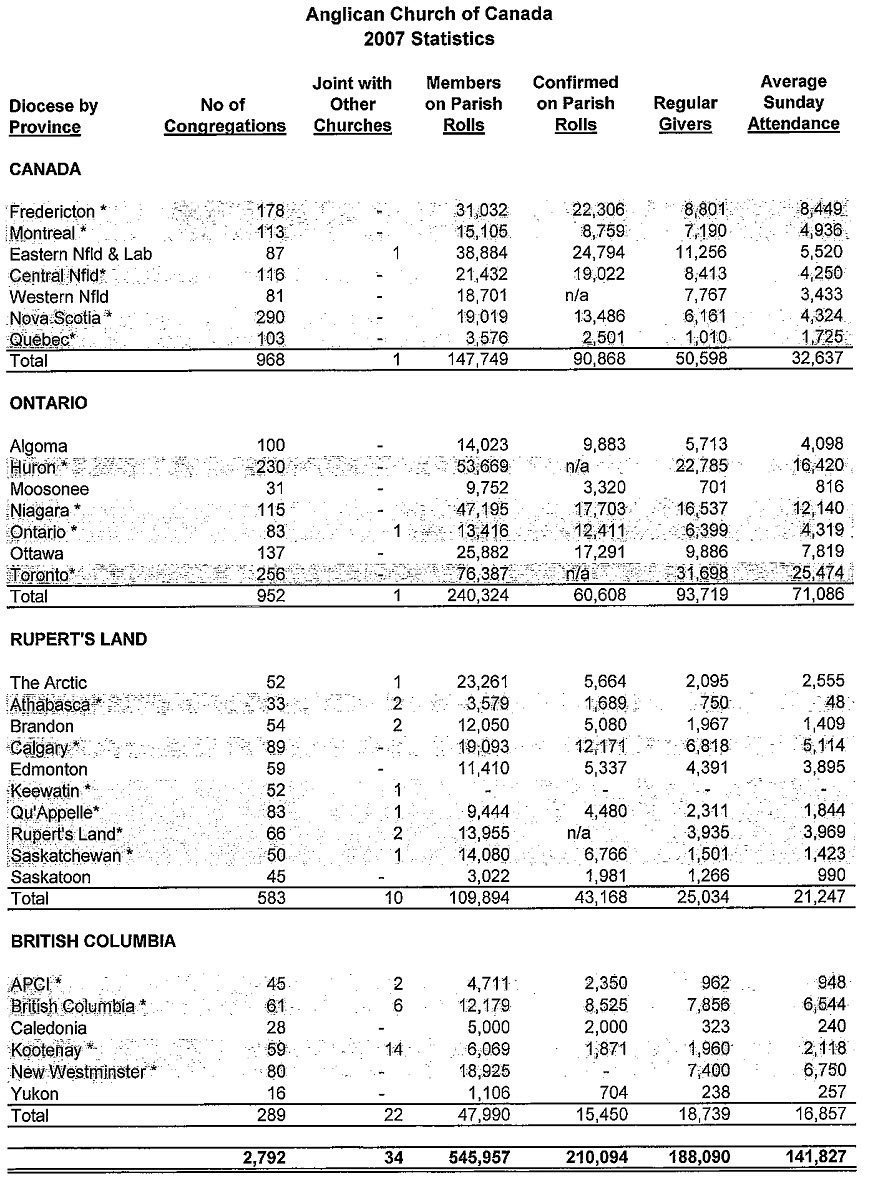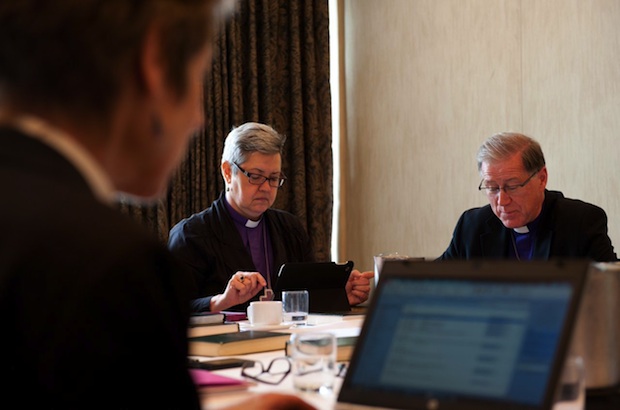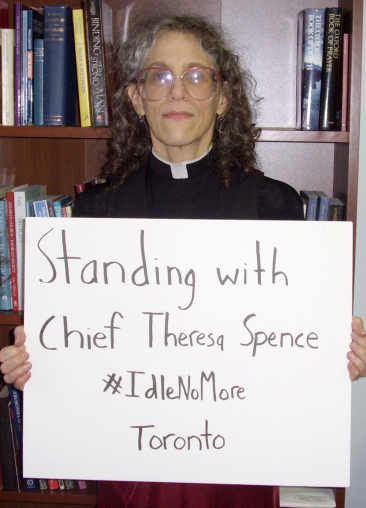The Anglican Church of Canada, having spent many decades trying to persuade us that man’s yearning for transcendence can be satisfied by installing a solar panel and buying a Prius, is continuing to transform itself into a social services agency by converting its buildings into apartments. The latest effort hails from Winnipeg where St. Matthew’s is, so we are told, excited by the fact that it worships in a small corner of the former church building. This must be what revival means in the ACoC.
Fittingly, Fred Hiltz was installed as Primate at St. Matthew’s; clearly he has taken St. Matthew’s decline to 80 parishioners as inspiration for the direction of the entire denomination.
From here:
The congregation at St. Matthew’s Anglican Church is excited to worship in what is only a small corner of the grand brick edifice that once was the largest Anglican church building in Winnipeg.
That’s because the remainder of St. Matthew’s Anglican Church has been converted into 25 low-income apartments, a $7.3-million project under construction for nearly three years.
For recalcitrant Anglicans who remain unmoved by these stirring tales of the Soviet style conversion of churches into apartments, there is this magnificent Hiltzian denunciation of all things not green. An unnamed source high in the Chinese Politburo – they are keen observers of ACoC policies – told me, on the condition of remaining anonymous, that the Standing Committee is so moved by this panegyric to renewing the face of the earth (heaven and hell having long ago been extirpated from the ACoC) that they immediately plan to stop building smog spewing coal fired power plants – currently expanding at the rate of two per week.




 From
From 
 From
From